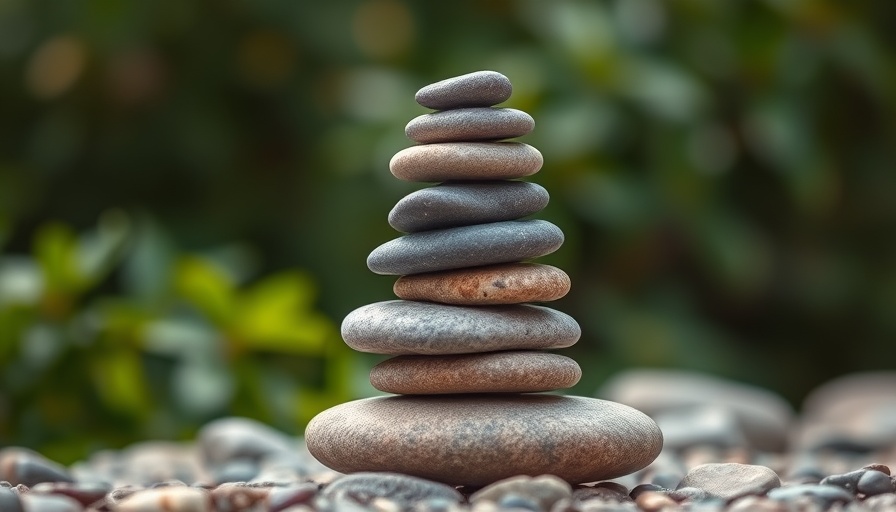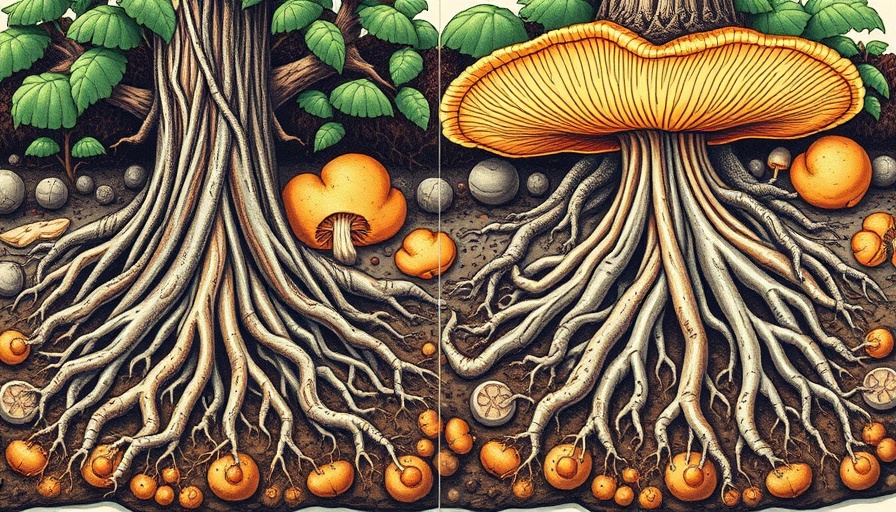
The Power of Loving-Kindness Meditation
In our fast-paced lives, it can often feel like compassion is an elusive quality that requires concerted effort to cultivate. However, loving-kindness meditation offers a simple yet profound way to boost our compassion for ourselves and others. By engaging in this practice, we not only foster emotional connections but also create an atmosphere where empathy flourishes.
Understanding the Heart of Compassion
Compassion goes beyond mere sympathy; it’s an active willingness to alleviate the suffering of others. Studies indicate that practicing loving-kindness can enhance emotional intelligence, leading to improved relationships and a deeper understanding of ourselves and those around us. Imagine entering your workplace or home radiating warmth and understanding, significantly shifting the dynamics in your interactions.
How to Get Started with Loving-Kindness Meditation
Starting a loving-kindness meditation is straightforward. Find a comfortable position, close your eyes, and take a few deep breaths. Visualize someone who loves you deeply standing nearby, sending their warm wishes. This visualization isn’t just a moment of reflection; it’s an invitation for those positive feelings to infuse your being.
As you dwell in this loving energy, remember to reciprocate by sending your love back to that person, followed by sentiments like, "May you live with ease, may you be happy, may you be free from pain." This back-and-forth exchange can heighten your sense of connection.
Extending Compassion Beyond Loved Ones
Once you're comfortable sending love to those closest to you, it’s time to radiate that compassion outward. Visualize acquaintances or even individuals you might be indifferent towards. The shift from a personal connection to a broader social connection is crucial. Repeat phrases like, "May you be safe, may you be healthy," fostering an understanding that everyone, regardless of familiarity, deserves kindness and compassion.
Fostering Emotional Intelligence Through Practice
Loving-kindness meditation isn't just beneficial for your inner peace; it enhances your emotional intelligence. By consistently sending love and compassion outward, you train your mind to respond more empathetically in challenging situations. This is especially beneficial in personal and professional environments where conflict or misunderstanding may arise. Emotional intelligence is improving not just your awareness of others' feelings, but also your ability to regulate your responses.
The Science Behind Loving-Kindness Meditation
Research supports the notion that engaging in loving-kindness meditation leads to measurable increases in compassionate behavior and overall psychological well-being. Neuroscientific studies have shown that regular practice can activate brain regions associated with empathy and emotional regulation. So when you dedicate just a few minutes to this practice each day, you’re not only enhancing your own mental well-being but you’re also wiring your brain to be more compassionate.
Common Misconceptions About Loving-Kindness Meditation
It’s critical to address some common misconceptions surrounding loving-kindness meditation. Many people may believe that this practice is only beneficial for those who feel a lack of compassion. In reality, even the most empathetic individuals can benefit greatly from reinforcing their positive feelings. It acts as a refreshing recharge for your emotional batteries, ensuring that you remain open-hearted, even amidst life’s tumultuous moments.
Ready to Embrace Loving-Kindness?
Incorporating loving-kindness meditation into your daily routine can transform not only your mindset but also your interactions with the world. If you find yourself battling cynicism, frustration, or even apathy, a moment spent soaking up the warmth generated by this practice could be your remedy. Remember, every small effort contributes to a ripple effect of compassion in the world.
Start today. Set aside just 15 minutes daily to engage with this transformative practice, and witness not just a shift in your mindset, but possibly a transformation in how you perceive and interact with others. Loving-kindness meditation is more than just words; it’s an invitation to live life with an open heart and a compassionate spirit.
 Add Row
Add Row  Add
Add 




Write A Comment